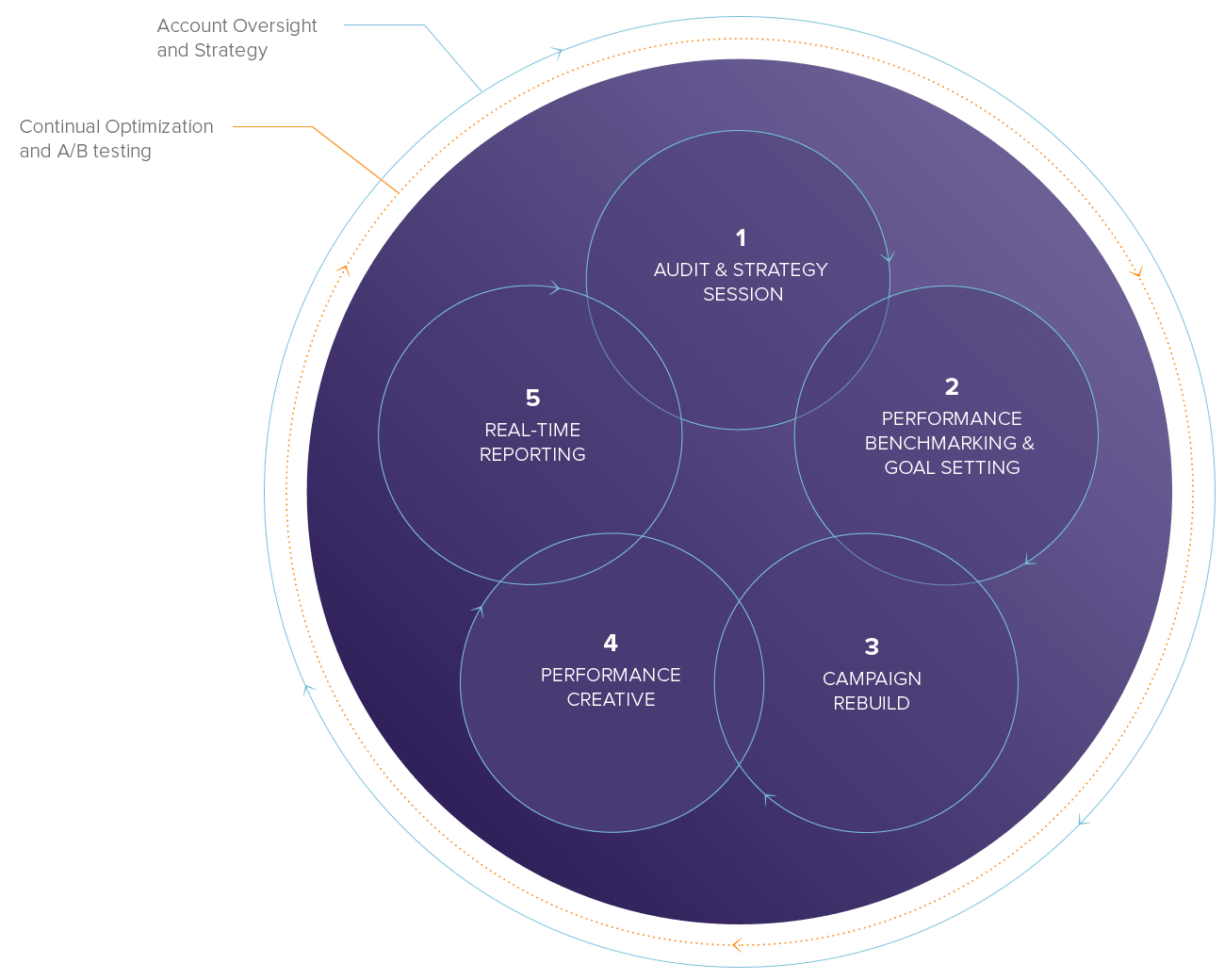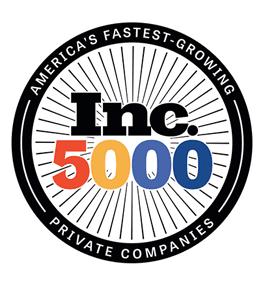The Future of Google Ads: Modern Perspectives on Best Practices
Earlier this year, Google released a document titled “Account Structure Best Practices for Modern Search.” Google releases guidance like this pretty often, so this PDF was not a huge news item in the industry. However, a careful review of this document reveals some actually very important predictions and guidelines for the future of the Google Ads industry.
All PPC professionals know that Google (and Facebook and other platforms) have been pushing advertisers and agencies towards automation over the last several years. While this guidance was largely considered suboptimal years ago, today it is generally taken as best practice.
The guidance from Google’s Account Structure PDF may not be considered best practice today, but it is a window into what will be the real future of SEM strategy in years to come. This document seems prescient in a way that other similar guidance does not.
Here’s what we learned from this document:
1. Get ready to discard so-called “Complex Account Structures.” For years SEM professionals have discussed and built complex strategies to maximize Google Ads performance. This includes well known concepts such as “Alpha / Beta” campaigns, “SKAG” account structures, and more. Google officially guides us now to forget about these complex structures. Our manual tinkering with PPC mechanics will constrain machine learning and worsen performance.
2. Build something a machine can learn from. Google’s point on unwinding complexity and segmentation isn’t just that this segmentation is not needed, but that accounts with many fussy segments and structures actually impede machine learning. The bidding AI can’t learn well when data is divided into dozens of small groups that it does not understand. Better to group your data together as broadly as possible to allow machine learning to actually learn something.
3. Growing importance of DSA. Several full pages of this document are devoted to DSA (Dynamic Search Ads), and in fact of Google’s 4 step account simplification plan, DSA itself is one whole step! This matters because many PPC professionals today would think of DSA as a minor or even lazy feature, when in fact Google considers it a key pillar of modern best practice.
4. Less importance around keyword research. Google’s guidance across various “features” and releases has been to continually erode the concept of niche and long-tail keyword research. Google now explicitly and rather forcefully guides advertisers to reduce redundant keywords with minor variations. In fact even more perhaps surprising is the guidance to NOT “Monitor the search terms report and adding low-volume search terms as exact keywords…” So many PPC professionals do this all the time!
A rather fitting analogous situation to the above direction is the idea of “cyborg chess” which is a chess match between two teams of humans and computers. As it applies to Google Ads, the point is that human and machine intelligence together will achieve optimal results, and winning media buyers will soon be those who can effectively guide machine learning while layering in human intelligence where it matters.
To get more specific, here are some points where OpenMoves is taking action and offering guidance to our clients:
• Yes on smart bidding and machine learning, in general
• For B2B, smart bidding needs some intel on deep-funnel success not just lead submits
• For B2C, smart shopping / smart bidding generally do work, though there are exceptions
• Yes on RSA (we don’t really have a choice anymore)
• Yes on DSA
• In general Yes on simple account structures, but with various caveats
• No on mainly-broad keyword strategies
• No on the idea that smart bidding eliminates need for exact match strategies
• No in general on Google’s guidance here for niche B2B
• Yes in general that Google’s guidance is where SEM is going in the coming years
Whether you plan to adopt these best practices in the near-term is up to you and your specific strategy and business goals. The above guidance from Google is perhaps more suited to simple B2C business where keyword precision is less important and conversions are quick and cheap. It may be harder to apply in cases of complex B2B spaces, long sales cycles, and other more complex situations. However, it seems intuitively that this way of buying search ads will be the future eventually. Some may adopt these strategies today and others it may take 2 years but Google’s modern best practices will eventually become the real industry best practice, leaving SKAGs, A/B campaigns, query shaping and other manual optimization strategies behind.












